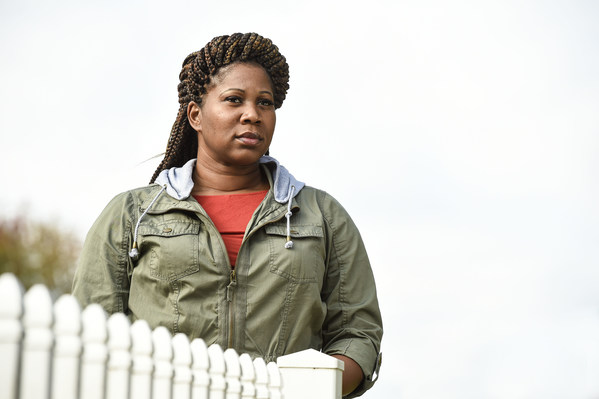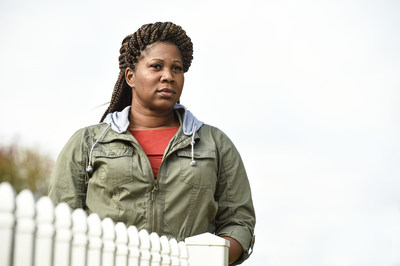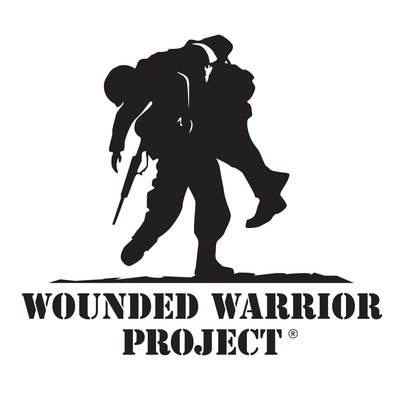Wounded Warrior Project Says Stigma and Avoidance Impacting Veteran Suicide Risk
JACKSONVILLE, Fla., Sept. 1, 2022 /PRNewswire/ -- Too many veterans are still dying by suicide. To address this issue, Wounded Warrior Project® (WWP) is working to reduce the fears and barriers warriors face when asking for help.
"The warriors we serve tell us they just want to feel like themselves again after military service, but many are reluctant to ask for help," said Erin Fletcher, Psy.D., director of WWP's Warrior Care Network®. "As we enter Suicide Prevention Awareness Month, Wounded Warrior Project is continuing to combat the stigma."
According to WWP's Annual Warrior Survey, nearly 1 in 4 post-9/11 wounded veterans registered with the nonprofit had suicidal thoughts in the past 12 months. Of the warriors who reported these suicidal thoughts, most (70%) had them in the last two weeks. Adding to the concern, about 1 in 5 WWP warriors reported difficulty or delays in receiving or continuing professional mental health care. Of those warriors, 2 in 3 feel embarrassed or ashamed about getting such care.
Read how Wounded Warrior Project helps combat the stigma of suicide.
Many factors can lead someone to consider suicide. That's why WWP offers a wide selection of services so warriors can customize their path to feeling in control again: from financial coaching and physical wellness to social groups and mental health programs.
All WWP programs are free for warriors and their loved ones. This is critical since more than half of warriors who reported thoughts of suicide in the past two weeks also indicated being financially strained in the past year.
WWP saw a growing need for mental health solutions, and six years ago, launched Warrior Care Network with four partner academic medical centers. Warrior Care Network provides clinical treatment for post-traumatic stress disorder (PTSD), which enables warriors to receive a year's worth of care in 2-to 3-week intensive outpatient programs.
WWP provides non-clinical mental health support, too. For example, WWP Talk offers weekly telephone support to help veterans and family members set and achieve goals that lead to personal growth and improved well-being. Project Odyssey is an adventure-based program that teaches warriors coping skills to overcome symptoms of invisible wounds.
"Sometimes it's just random conversations that can alter your life," said Adam Harris, a U.S. Marine Corps veteran who attended Project Odyssey after attempting suicide. "Other veterans may face different struggles, but we can figure it out together."
Being together truly helps. The likelihood of experiencing PTSD symptoms is 57% lower among warriors who maintain social support from military friends, according to WWP's Annual Warrior Survey. That's why WWP held more than 8,600 events in 2021 for warriors and family members to connect. To further expand that circle of support for warriors, WWP provides suicide awareness and intervention training to groups nationwide.
If you are in crisis or concerned about a loved one, call the Veterans Crisis Line at 988 and press "1." You can also text 838255 or use their online live chat to connect with a crisis counselor 24/7, 365 days a year. Learn more ways to help at woundedwarriorproject.org/CombatStigmaNow
About Wounded Warrior Project
Since 2003, Wounded Warrior Project® (WWP) has been meeting the growing needs of warriors, their families, and caregivers — helping them achieve their highest ambition. Learn more.
SOURCE Wounded Warrior Project



